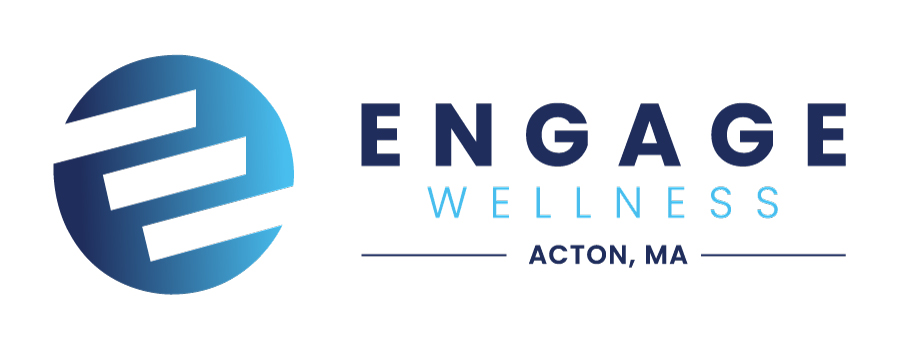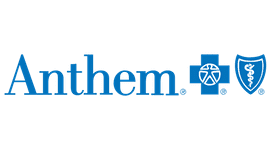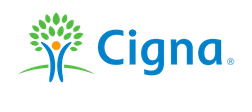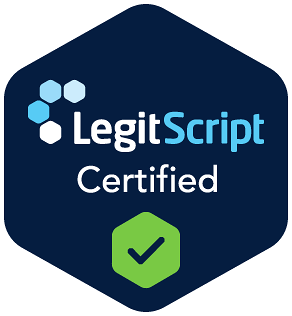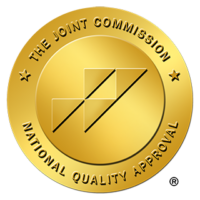Targeted Family Therapy for Drug and Alcohol Addiction
Addiction affects the entire family unit, and many families walk through our doors feeling shattered by addiction’s impact on their lives. At Engage Wellness, we meet you exactly where you are – whether that’s rebuilding trust from scratch or strengthening bonds that have weathered the storm. Our Massachusetts family therapy program stems from personal experience. We’ve seen firsthand how loved ones become the key to lasting recovery, and we want the same for you or your loved one.
What is Family Therapy For Addiction?
Family therapy recognizes a fundamental truth about addiction: it affects every member of a household differently.[1] When someone struggles with substance use, their parents, siblings, children, and partners each carry unique forms of pain and stress. The healing process must include the entire family unit, as strained relationships can transform into a powerful support network for recovery.
At Engage Wellness, weekly sessions create a safe space where families confront core issues like broken trust, resentment, enabling behaviors, and communication barriers. Experienced therapists guide these conversations with purpose, helping each person process their individual experiences while working toward shared understanding. Through honest dialogue and structured support, families learn to express difficult emotions and develop healthier ways to interact.
The therapy process equips families with essential tools for navigating recovery together. You’ll learn to identify unhealthy patterns, set appropriate boundaries, and rebuild damaged bonds.[2] Education about addiction as a disease helps replace blame with empathy and understanding. As families gain these skills and insights, they become active, informed participants in supporting their loved one’s sustained recovery.
Our drug addiction recovery programs weave family therapy into every phase of the treatment process. Weekly family sessions complement individual counseling and group work, while loved ones participate in educational workshops and support meetings.
The Core Components of
Family Therapy
The path to recovery requires specific tools and understanding from every family member involved. Family therapy provides structured guidance through several essential components, each designed to strengthen relationships and support lasting recovery. These building blocks work together to transform family dynamics and create a foundation for sustained healing:[3]
The Benefits of Family Therapy in Addiction Treatment
Family therapy delivers powerful benefits for every member of the household. As loved ones learn to communicate more effectively and process their emotions constructively, the entire family dynamic shifts. This transformation replaces judgment and shame with understanding and support, creating an environment where recovery can flourish.
The impact extends far beyond the treatment setting. In guided sessions, families rediscover their inherent strengths and rebuild fractured trust. Parents, siblings, and partners gain confidence in supporting recovery while maintaining their own emotional well-being. These skills prove invaluable not just during treatment but through all the challenges and victories that lie ahead.
Most importantly, family therapy breaks through isolation, a common experience for families touched by addiction. Learning that others face similar struggles brings relief and hope. The program creates a foundation of shared understanding where every family member contributes to the recovery journey. This collective approach significantly improves outcomes, as research consistently shows that strong family support increases the likelihood of sustained recovery.[4]
What We Treat
The journey to recovery often involves multiple challenges that require professional support. At every level of care, from day treatment to outpatient services, we address both substance use disorders and the mental health conditions that frequently accompany them.
Frequently Asked Questions About Family Therapy For Drug Addiction and Alcohol Abuse in Massachusetts
How does family therapy help with addiction recovery?
Family therapy helps repair relationships damaged by substance use while building a stronger support system for recovery. Through guided sessions, family members learn to understand addiction as a disease, improve communication patterns, and develop healthy boundaries, problem-solving, and communication skills. This therapy for the family of addicts helps the entire family unit heal while supporting their loved one’s path to sobriety and improving overall family relationships.
What should I expect during family therapy sessions in substance abuse treatment?
Each session creates a safe space for open dialogue about how substance use has affected dynamics in the family system during the early recovery process. A trained family therapist guides conversations with a solution-focused lens, helping members express feelings constructively and learn new coping skills. Sessions may include education about addiction, communication exercises, learning new skills, and strategies for supporting recovery while maintaining healthy boundaries.
How long does family therapy typically last?
The length of family therapy for drug abuse varies based on each family’s needs and their loved one’s treatment program. Some families participate in weekly sessions throughout their family member’s addiction treatment, while others continue family counseling through outpatient care. Many families find that ongoing support helps maintain positive changes and prevents relapse.
Does insurance cover family therapy for substance abuse?
Most insurance plans cover family therapy when it’s part of a comprehensive substance use disorder treatment program. Coverage varies by provider and plan. Many treatment centers work with families to verify benefits and explain coverage options. Some programs also offer sliding scale fees or payment plans to make family therapy accessible. Engage Wellness accepts all insurance plans (including Tricare) – contact our admissions team to learn more.
